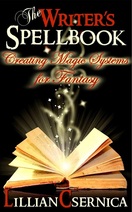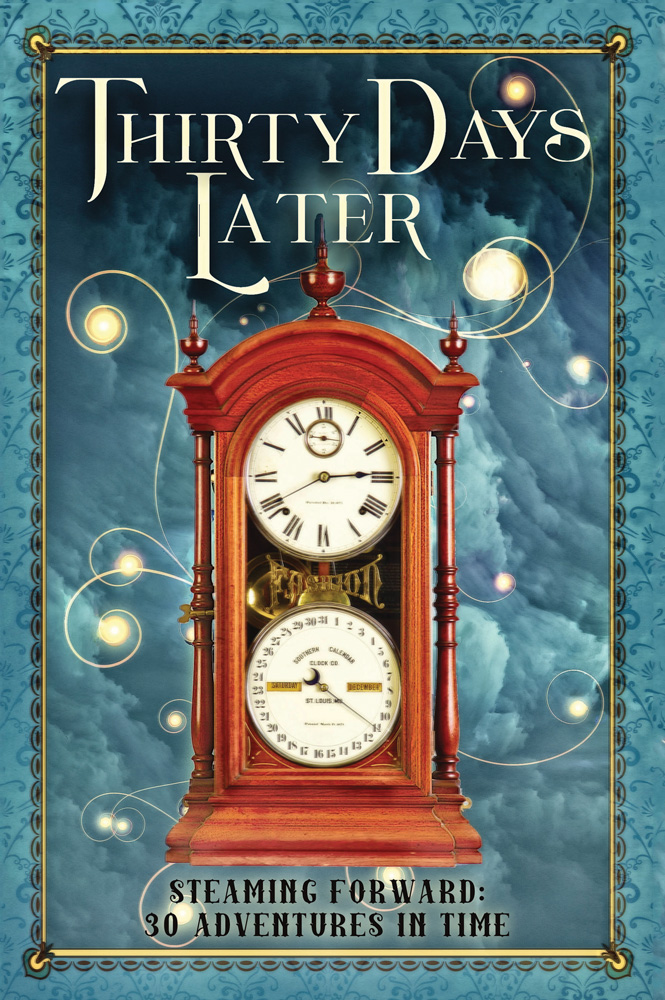by Lillian Csernica on April 18, 2013
There are a lot of books out there on how to write fiction. Sometimes they focus on one particular type of fiction, such as the mystery genre. Other books are more general and reach for the loftier heights of literary technique. How do you write a good story? I’ve just shown you how.
You ask questions.
In science fiction, the two famous questions are “What if?” and “What then?”
In the murder mystery, you can ask the classic “Who done it?”, the more forensic “How done it?”, or the psychological/psychiatric “Why done it?”
Journalists know that every story, fiction or nonfiction, must contain the answers to five simple questions:
Who? What? Where? Why? When? and How?
The questions are simple. What makes the difference is how clever you are at coming up with answers that will intrigue and entertain your readers.




















Indeed questions are important to show if we’ve covered all that needs to be covered. Same as in journalism, the famous five questions … with the addition of your sixth one … do the trick in fiction writing.
Great post.
LikeLike
Thank you, Silvia! For me the questions can be the best part, thinking them up and chasing down the answers.
LikeLike
A lot of my stories were inspired by another story I read or saw that made me ask What if this happens? Or What happens after? Ideas spawned from those questions and turned into stories that stood on their own and satisfied my curiosity.
LikeLike
What an excellent approach! I’ve started to keep my “Wonder Book.” Every time I come across something that makes me say or think “I wonder….” I write it in the book. Following up on the factual answers takes time, but who knows where they might lead me?
LikeLike
I’m a creative non-fiction writer and even in this genre, asking the right questions is key to writing a good story. A very succinct post. Happy blogging!
LikeLike
Thank you, Rosanna! Good to hear from the nonfiction point of view.
LikeLike
The better the question, the better the answer.
Blessings and Bear hugs!
Bears Noting
LikeLike
That’s an important point. The more questions we ask, the more answers we come up with, which in turn give rise to more precise and in-depth questions. Thanks, Rob!
LikeLike